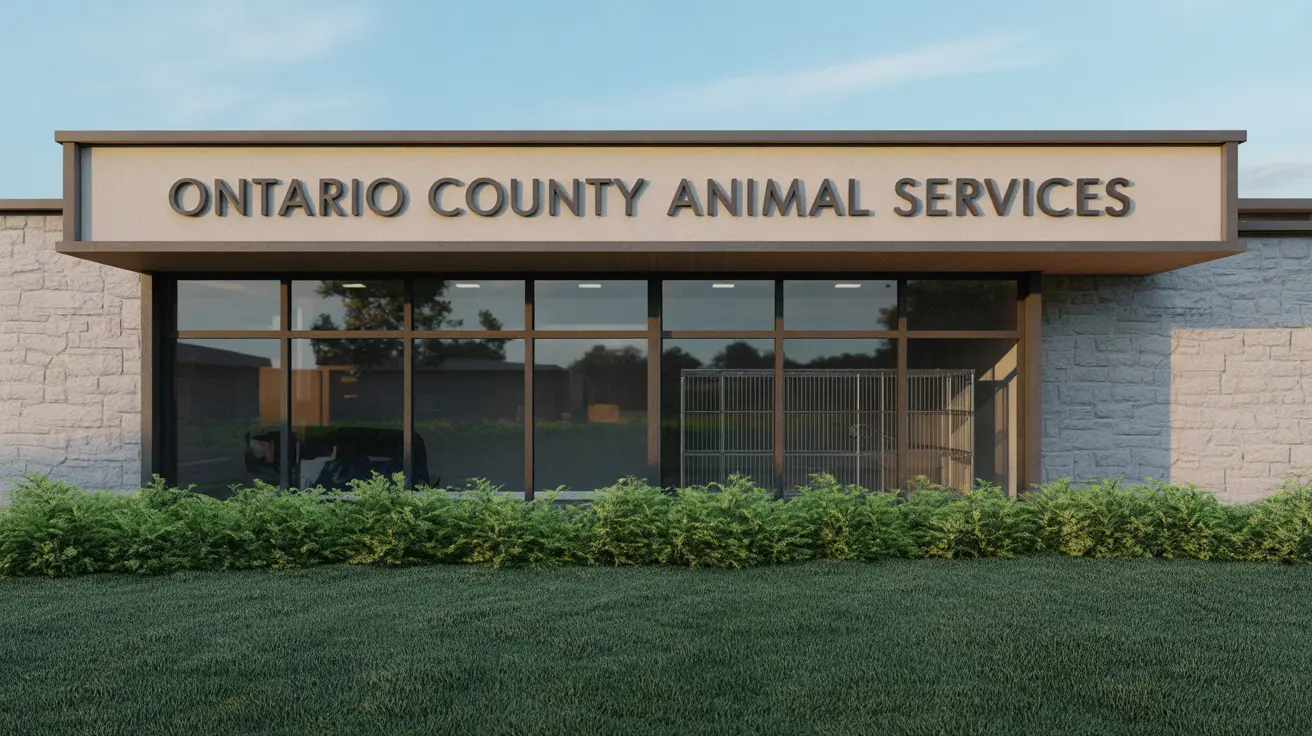Discovering that your beloved dog has a ruptured anal-gland abscess can be both distressing and alarming. This painful condition requires immediate attention and professional veterinary care to prevent serious complications and ensure your furry friend's comfort and health.
Understanding the signs, treatment options, and proper care can make a critical difference in your dog's recovery and long-term well-being. This comprehensive guide will walk you through everything you need to know about managing a ruptured anal-gland abscess in dogs.
Understanding Dog Ruptured Anal-Gland Abscess Treatment
A ruptured anal-gland abscess is a serious medical condition that occurs when infected anal sacs become swollen, inflamed, and break open. These small glands, located on either side of a dog's anus, can develop painful infections that require prompt and professional intervention.
Recognizing Critical Warning Signs
Early detection is crucial in managing anal-gland abscesses. Pet owners should be vigilant and watch for these telltale symptoms:
- Visible swelling or redness near the dog's anal area
- Discharge of greenish-yellow or bloody pus
- Excessive licking or scooting behavior
- Noticeable foul odor
- Signs of significant pain or discomfort
Home Treatment Strategies for Dog Anal-Gland Abscess
While professional veterinary care is essential, there are some immediate steps you can take to provide comfort and prevent further complications:
Safe Immediate Care Techniques
- Keep the affected area clean and dry
- Apply a warm, gentle compress to reduce swelling
- Use an Elizabethan collar to prevent licking or biting
- Avoid attempting to squeeze or drain the abscess yourself
Important: Home treatment is limited and should only be a temporary measure until you can reach a veterinary professional.
Why Veterinary Treatment is Crucial
Professional medical intervention is non-negotiable when dealing with a ruptured anal-gland abscess. Veterinarians have the expertise and tools to:
- Thoroughly clean and disinfect the wound
- Prescribe appropriate antibiotics
- Manage pain and inflammation
- Prevent potential systemic infections
- Perform necessary diagnostic tests
Potential Veterinary Procedures
- Wound cleaning under sedation
- Antibiotic and pain medication prescription
- Potential wound flushing and bandaging
- Diagnostic swabs to determine infection type
Preventing Future Anal Gland Complications
Proactive management can significantly reduce the risk of recurring anal-gland issues:
- Schedule regular veterinary check-ups
- Consider dietary fiber supplementation
- Maintain a healthy weight for your dog
- Have anal glands professionally expressed periodically
Frequently Asked Questions
What are the common signs that my dog has a ruptured anal-gland abscess?
Signs include swelling, redness, discharge, excessive licking, scooting, pain, and a foul odor near the anal area.
How should I provide safe home care before seeing a vet?
Keep the area clean, use a warm compress, prevent licking with an Elizabethan collar, and seek veterinary care as soon as possible.
Why is veterinary treatment essential for a dog's ruptured anal-gland abscess?
Professional treatment prevents infection spread, manages pain, provides proper wound care, and ensures comprehensive healing.
When should I seek emergency veterinary care?
Seek immediate care if your dog becomes lethargic, develops a fever, shows rapid wound enlargement, or experiences severe pain.
What long-term steps can help prevent recurring anal gland abscesses?
Maintain a healthy diet, manage your dog's weight, schedule regular vet check-ups, and consider professional anal gland expression.
Remember, while this guide provides valuable information, it cannot replace professional veterinary advice. Always consult with a qualified veterinarian for personalized care tailored to your dog's specific needs.






